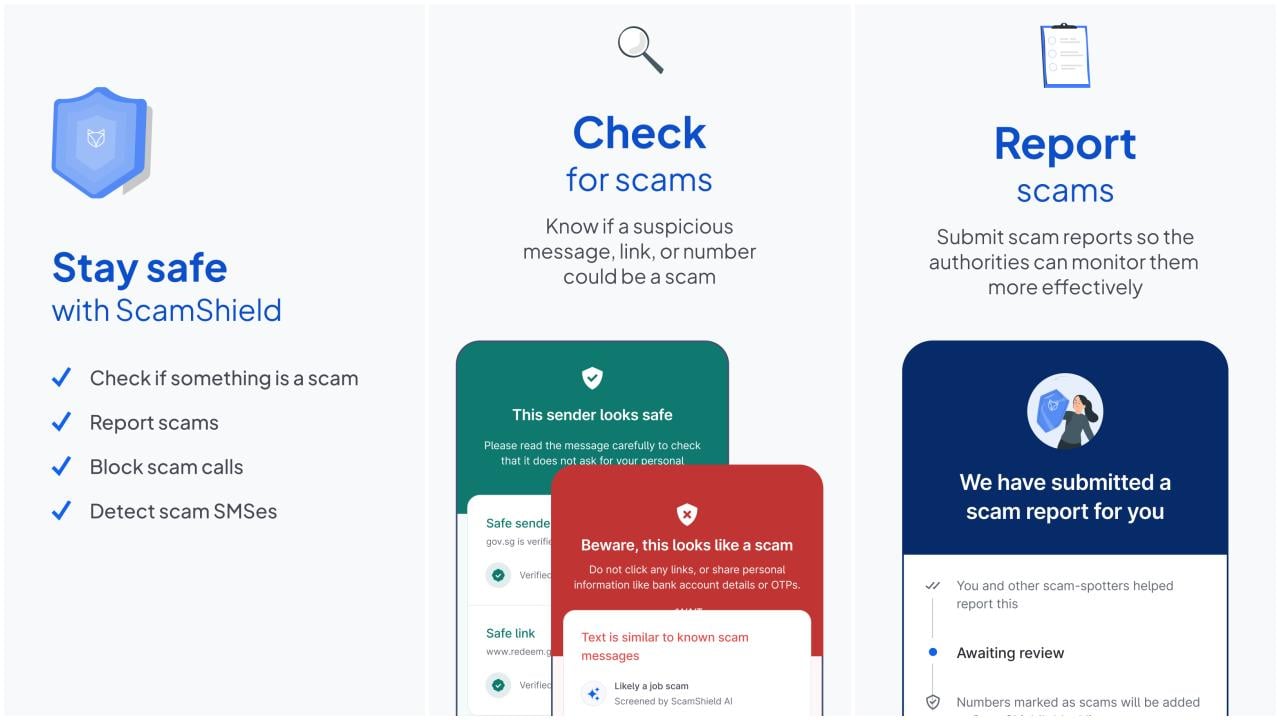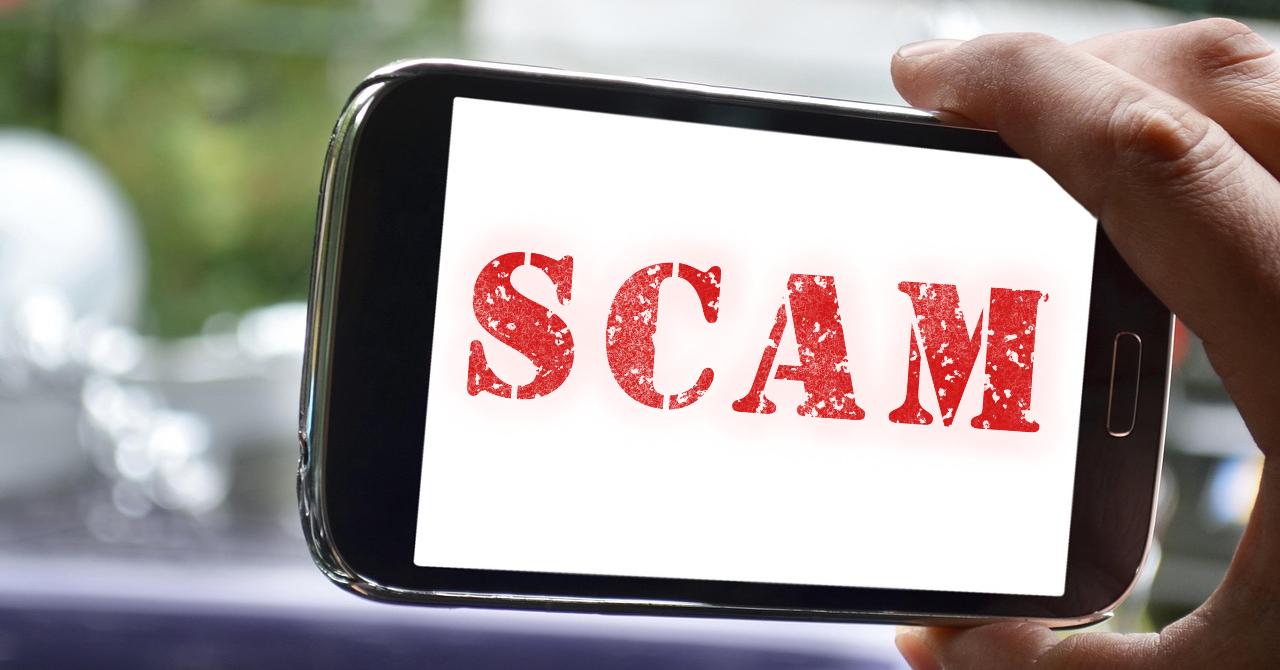In recent years, all sorts of scams have been on the rise, victimizing people in Singapore, including overseas Filipino workers (OFWs). These include investment scams, love scams, phishing, identity theft, and other illegal activities.
Recently, there’s a new type of scam that has been targeting OFWs: lending scam. The scammers, who are loan sharks, are pretending to be representatives of the Philippine Embassy, with the aim of getting personal information from the worker and his/her employer.
Contents
OFWs Warned About Loan Sharks’ Latest Modus
Lately, scammers have been conducting a new modus operandi, targeting OFWs in Singapore. Under the guise of representing the Philippine Embassy, they are actually loan sharks who intend to obtain personal information about the workers and their employers.
To address this problem, the Philippine Embassy in Singapore issued Advisory No. AD-063-2025 last Friday, October 10, 2015, informing OFWs about the scammers’ modus operandi.
Important Reminders
Through their latest advisory, the Philippine Embassy announced the following important reminders:
- The Embassy, and the people employed by the Embassy, does not ask for personal information through call, text, or video call.
- Using the Embassy’s name or logo without permission is a serious offense that may involve a penalty or punishment.
Some Practical Tips
To avoid becoming a scam victim, everyone is urged to be alert at all times. Here are some more practical tips for avoiding scams:
- Protect Your Info. Never share account passwords, OTPs, or other personal details to anyone, especially via text, email, or call.
- Protect Your Money. Never share or allow anyone to use your ATM card, credit card, or bank account.
- Verify Information. If you receive a suspicious message, check and verify the details before anything else! Ask and share the suspicious message with your family, friends, and the authorities.
- Be Careful Online. Do not click suspicious links, especially those that are sent via text or email. Likewise, avoid visiting “unsafe” websites shared through social media.
- Avoid Suspicious Calls. If you are getting calls from an unknown number, ignore the call and block the number. It’s better to be safe than sorry!
Contact PH Embassy Singapore
For more information about the latest scam, do not hesitate to contact the Philippine Embassy in Singapore through the following offices:
Migrant Workers Office (MWO)
Telephone: +65 91136552
Email: mwosg_services@dmw.gov.ph
Overseas Workers Welfare Administration (OWWA)
Telephone: +65 90235601
Email: owwasingapore15@yahoo.com
Embassy Consular Section
Telephone: +65 67373977
Email: singapore.pe@dfa.gov.ph
Download ScamShield
Another useful tool against scams is ScamShield, a mobile app that was introduced by Singapore’s Ministry of Home Affairs, the Singapore Police Force, the National Crime Prevention Council, and other authorities. You can download this app from the App Store (for iOS devices) or Google Play Store (for Android devices).

Image Credit: ScamShield / Google Play Store
By following the above reminders, we can avoid becoming a victim of scammers. Let us also remain vigilant, and take time to report suspicious calls, messages, and other activities to the authorities.
Moreover, let us keep in mind that there are many different types of scams out there! Here’s a previous post we shared about a scam involving fake buyers of outdated currency notes.
